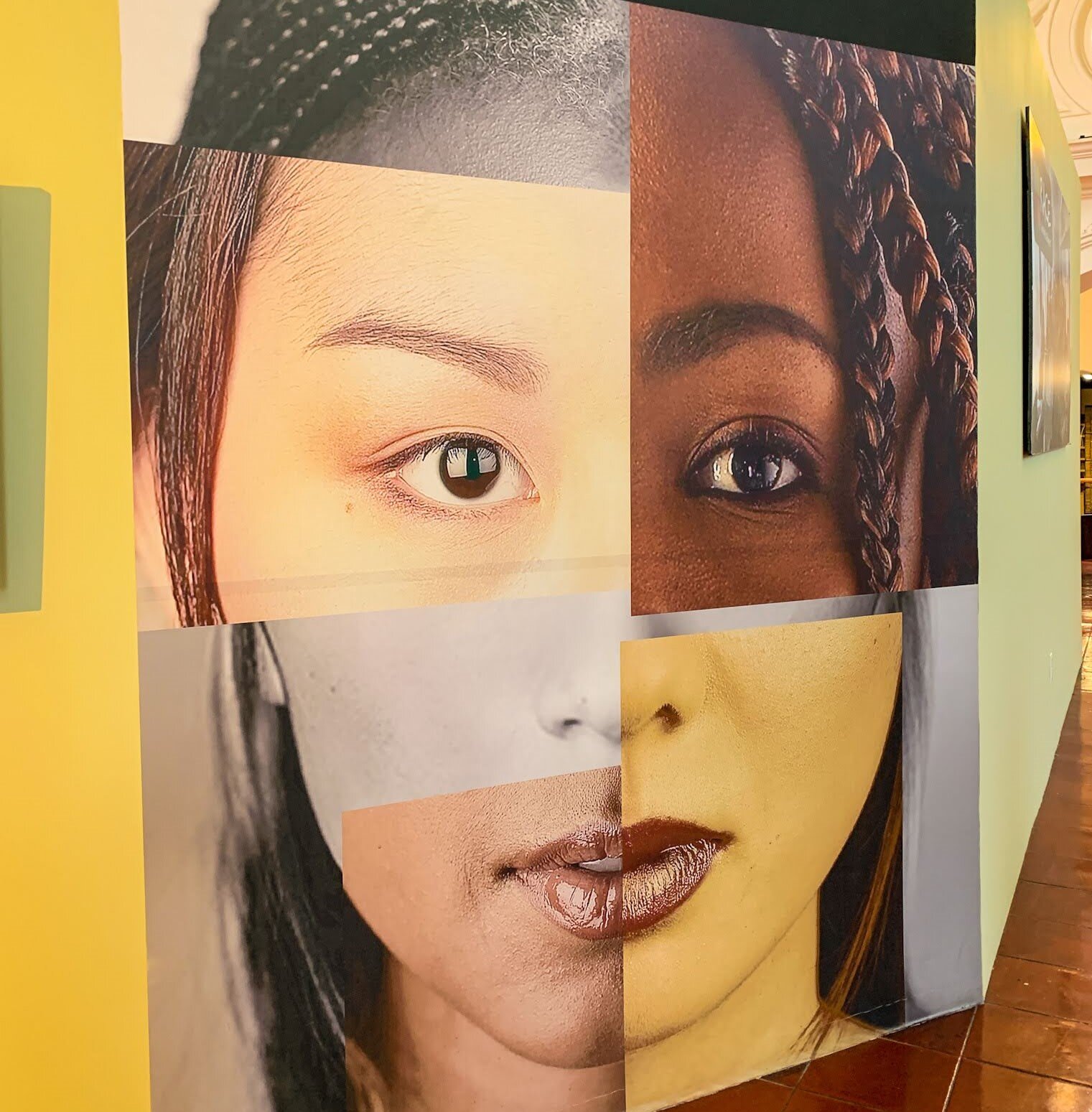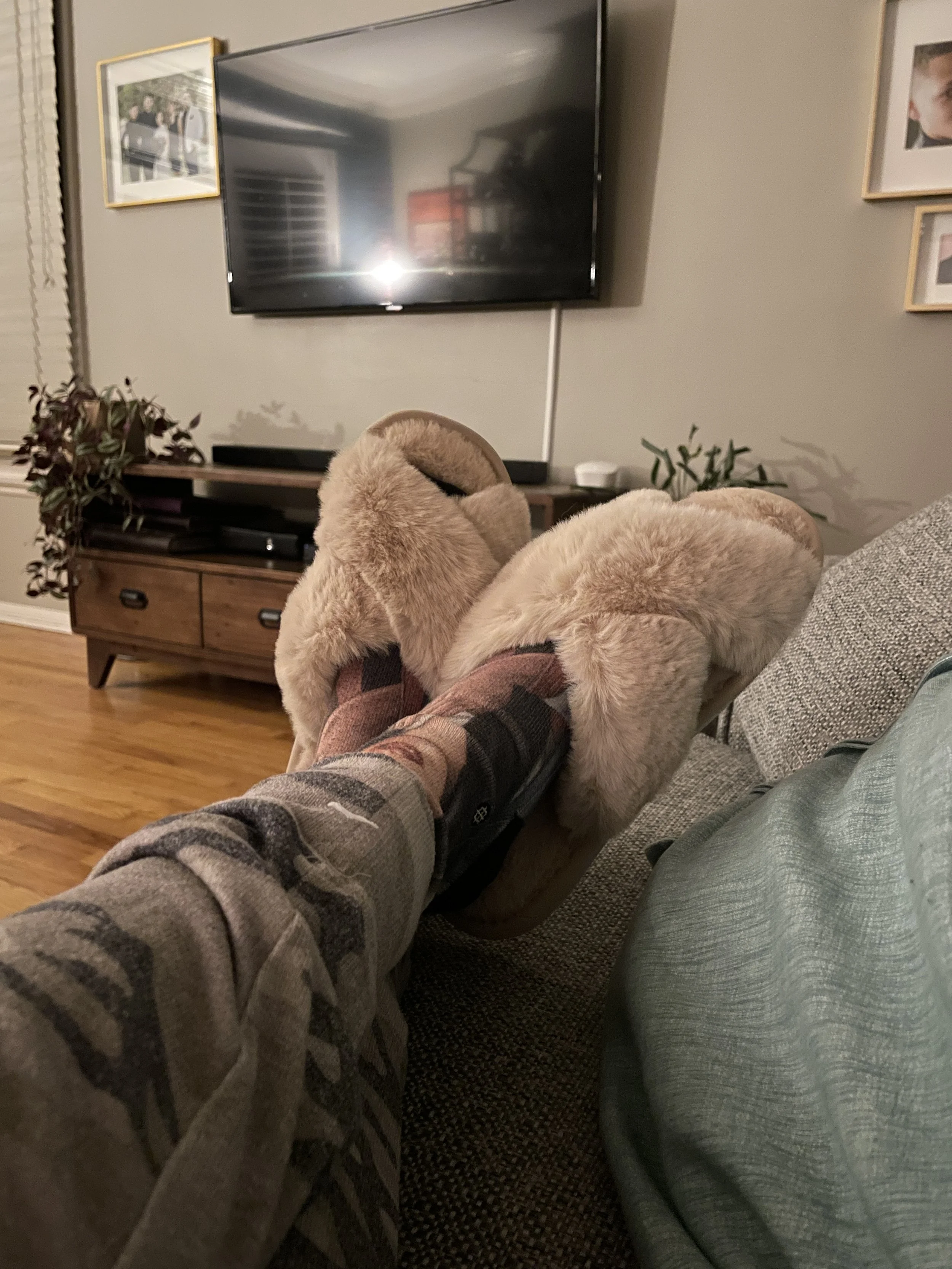Spiritual Identity Part 1 of 3: Don’t Call Me a Christian
TUNE IN: APPLE PODCASTS I SPOTIFY I STITCHER
This is the first episode in a three-part series on Spiritual Identity. I decided to do this series because from my very first podcast episode, “The Gift of Empowerment in Isolation” I’ve noticed a theme of spiritual recovery. God has used this time of forced isolation to re-form my identity in him.
In this time, I’ve faced my codependence in spiritual relationships, been given new truths in how to worship God more freely, forgiven myself and others for being good-hearted people who’ve at the same time propagated some false teachings, and I’ve let go of some limiting beliefs. It’s been amazing and I’ve loved sharing these challenges and gifts with you.
In the next three episodes we will dive into this concept of Spiritual Identity to explore where I find myself here at the beginning of 2021.
If it resonates, I’d love to hear from you.
So, let’s get into this episode entitled: Don’t Call Me a Christian.
Since I started The All Gifts Podcast, I’ve noticed that I cringe when I hear myself say I’m a Christian. I’ve even found myself saying, “All Gifts isn’t a Christian podcast.”
Being someone who sees the value in being self-aware and of course, vigilant about my relationship with God, I wanted to understand why.
Why was I distancing myself from Christianity?
I first examined my heart and my life. Do I still love Jesus? Have I become ungrateful for my salvation? Am I denying my blessings? Am I struggling in my beliefs?
Gratefully, I can say that I still love Jesus, my relationship with God and his Holy Spirit has only grown, and my faith has only gotten stronger.
So, what was it?
Well, it was the thing that has always turned me off about Christianity. People. Not all people.
Specifically, the people who represent Christianity as White American Nationalism.
I’m hesitant to talk about this because I’m not an expert. I don’t disturb my peace by reading all the latest political and socioeconomic thought of the day. I vote and handle my business, but I don’t consider myself a political person. I also don’t want to add to the spirit of division in this country. But it has been burning on my heart to set the record straight, not for me, but for God.
What do I mean when I say White American Nationalism? If I google that term, I will find many different definitions so for the purposes of this podcast, I will explain what I mean when I use the term White American Nationalism.
I’m talking about what I hope is a very marginal group of Americans who have hidden their white supremacy under the guise of Christianity to justify everything from the American slavery system to storming and defacing The United States capital building. They wreaked havoc on Washington, put their dirty boots up on the desk, and called themselves Christians.
I’m here to tell you that is not Christian behavior.
But alas, just like all people, Christians are merely people. And people sin.
I was talking to my brother just after what happened at the capitol. He stopped me when I started to bring up the incident. He said, “Listen, I love you too much to know which side you land on.” Despite growing up with me in the hood, on welfare, as mixed black kids, he was afraid I was going to say I was supportive of them. Why? Because I’m a Christian.
When you think of Christians, if you think of confederate flag waving, make America Great Again aka let’s harken back to a time when blacks, women, freaks, Muslims, and queers stayed in their place, then no, please don’t call me a Christian.
It’s important to me, and I think to God, that this podcast is welcoming to all people – Christian or not. And, if you consider yourself a white nationalist, you are welcome as well.
I’ve been wrestling with the question of how to create an inclusive space and honor God while hearing stories of overcoming challenges and finding the gifts.
I’m still working on that, but I do know this: no matter what you believe, it is only by the strength and grace of God that any of us are able to not just survive our challenges but to transform them into gifts.











